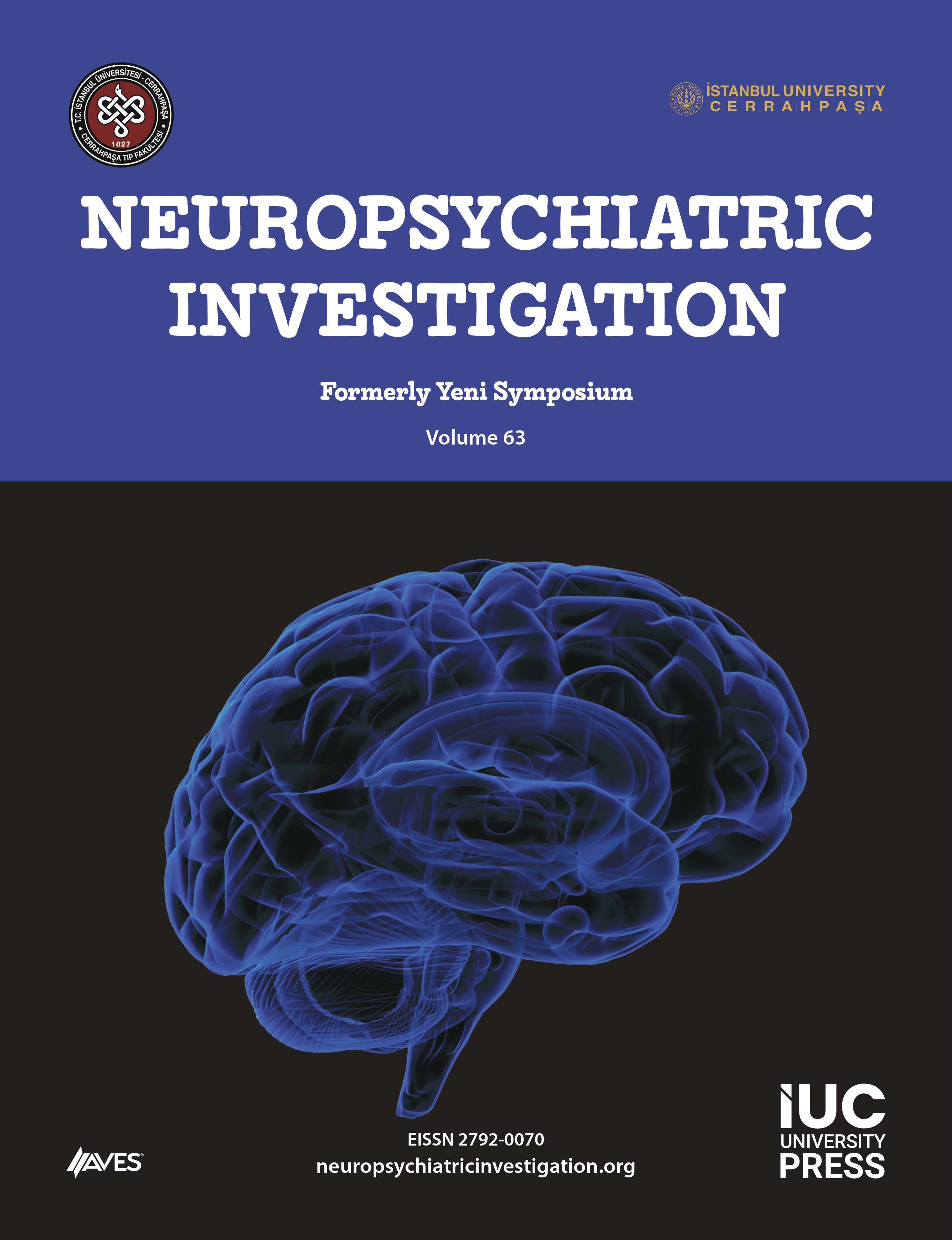Objective: Attempts of thought control as a counterproductive strategy have been thought to be implicated in the formation and perseverance of sleep problems. The current study investigated the psychometric properties of a Turkish version of the Thought Control Questionnaire-Insomnia Revised (TCQI-R), an instrument developed to assess various strategies of thought control during difficult times of sleep.
Method: Forty-five patients with major depressive disorder and four hundred sixty-three individuals from general population participated in the study (N=508; Mean age = 22.96; SD ± 4.82). Approximately half of the sample were female (n=294 57.87%). The TCQI-R, Insomnia Severity Index, and Depression Anxiety Stress Scale -21 (DASS-21) were administered in the study.
Results: Analysis of the current data suggested a three factor latent structure of the instrument: aggressive suppression and worry, behavioral and cognitive distraction, and reappraisal. The TCQI-R revealed considerable internal consistency and temporal stability. All three types of thought control strategies specific to insomnia were found to be significantly associated with sleep disturbances as well as measures of depression and anxiety. Mediation latent structural equation model showed that pre-sleep thought management strategies significantly predicted severity of insomnia and indirectly cause significant increase in insomnia symptoms through exacerbation of negative emotional states (depression, anxiety and stress).
Conclusion: We concluded in light of present results that the Turkish version of the TCQI-R has sound and promising features for research addressing implication of thought control strategies in sleep disturbances.




.png)